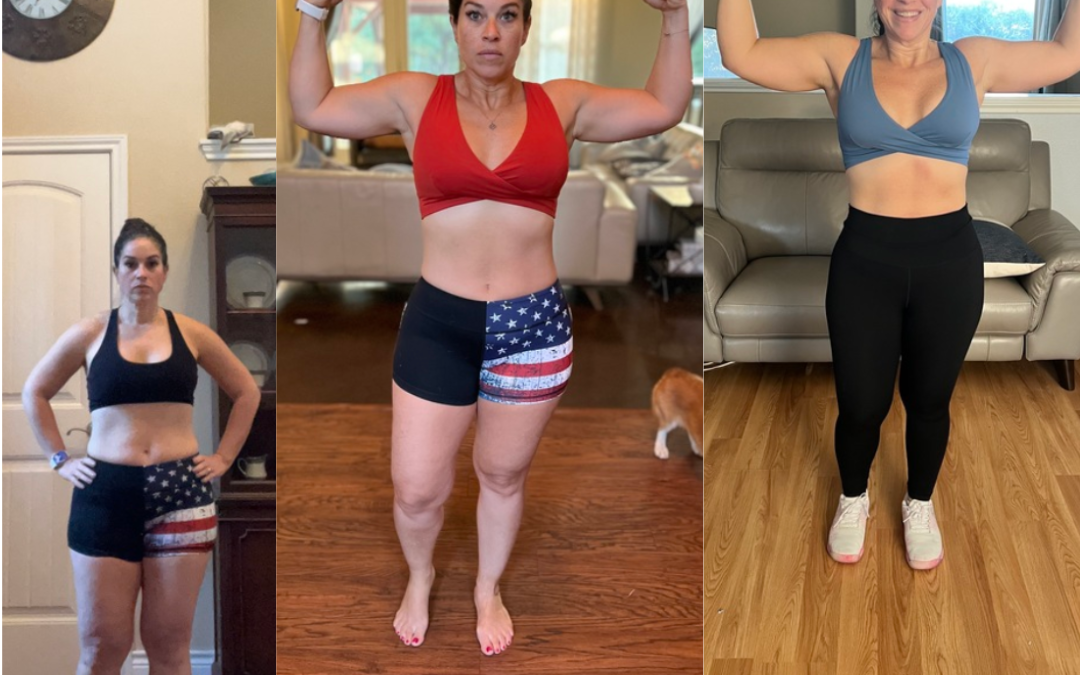Weight loss + changes in body composition can be complicated and there are several variables that can impact your caloric expenditure (calories in vs calories out). Be sure to check out last week’s post for the intro on this topic:
https://coachingwithabby.com/blog/calories-in-vs-calories-out/
Factors such as stress, sleep, thyroid, sex hormones, etc all impact our expenditure. Today, I want to review stress and the implications this can have on one’s metabolism.
You very well could be thinking- I don’t feel stressed… yet still be struggling. What gives? A lot of people don’t understand that the body can’t differentiate between different stressors. The body doesn’t know the difference between stress from your job, children, or traffic vs stress from chronic under-eating, vitamin deficiencies, or hormonal imbalances. When you’re chronically stressed (not just one day), it tends to elevate cortisol levels (stress hormone), which can increase blood sugars (cause cravings, body fat gain) and decrease melatonin (trouble sleeping). All of this can make it harder to lose fat and or gain muscle.
While I could spend an entire email giving you 101 reasons you might have high stress (true story: my cat ran away… but was found after 2 days, my football team just lost, I got sick…), the purpose of this email is to help you strategize ways to decrease stress and optimize results.
Sure, you can’t control the NFL (those darn Bills), but these are some action items that you can control and focus on:
- Focus on eating enough. Under-eating can increase feelings of anxiety, uneasiness, and make it more challenging to think clearly. Restricting your eating will NOT be helpful in the midst of stress.
- Don’t allow yourself to get hangry. This means your blood sugars are not regulated.
- Be sure to PFF (Protein + Fat + Fiber) each meal/snack to support blood sugars.
- Eat every 3-4 hours.
- It’s ok to rely on convenience items (pre-made foods) such as: instant oats, frozen veggies/fruits, pre-made proteins, etc.
- If stress is high & or sleep is poor I would consider adjusting your workout.
- Do less high intensity/endurance
- Focus on low intensity movement such as going for a walk or yoga
- Strength based training is also beneficial for reducing stress hormones.
- Go outside in the sunlight. Vitamin D improves mood.
- It’s ok to just maintain. Dieting is a stress on the body.
- Walk & Pet your dog (+ cat)
~~~~~~~~~~~~~~~~~~~~~~~~~~~~~~~~~~~~~~~~~~~~~~~~~~~~~~~~~~~~~~
Do you struggle with stress? What strategies from above can you focus on to help your body better deal with stress? Hit REPLY and let me know if you want to set up a FREE Discovery Call to discuss your stress/goals. I use an approach that integrates tracking macros + addressing underlying problems that impact results.







